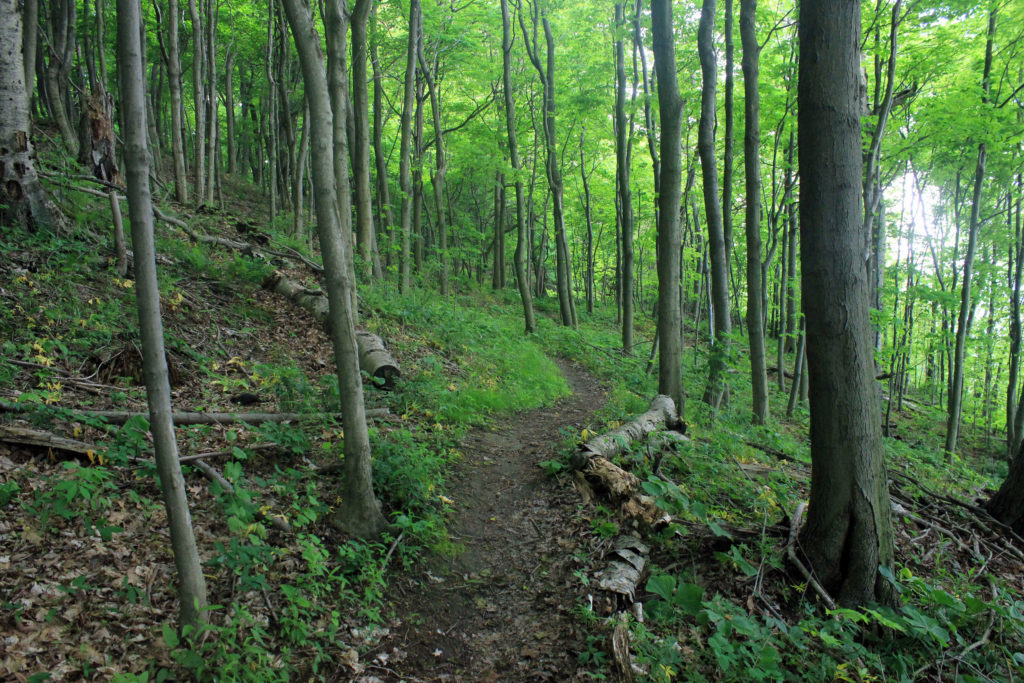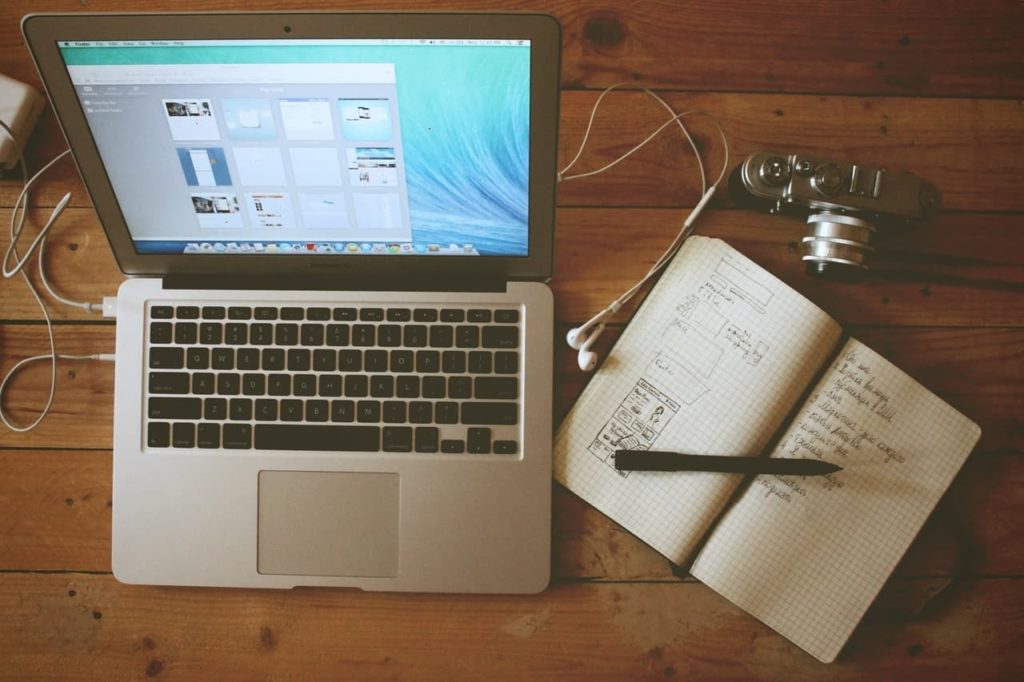What is it about a new year that opens up so many possibilities? It’s like a reset button is pressed, creating the opportunity for new experiences to emerge. In the spirit of new beginnings, and kicking off 2020, this post is all about “Trying New Things!”
Whether it’s learning a new skill, like an instrument or language, or throwing a bit of novelty into your routine, like using your other hand to brush your teeth, it’s incredible to learn the many benefits of trying new things. Though sometimes challenging to step out of our comfort zones, research and experience tell us it’s worth it. The verdict is in! Trying something new brings more positivity into our lives.

One step at a time. Let’s do this!
In my own experience of trying something new, for example when I started this blog! I felt both excited and terrified. I’d never written a blog before, and it’s a different experience for me on many levels. To put it mildly, I had no idea what I was doing! From writing in this new type of format, to wondering how much information to include, to not knowing what my voice would be (apparently, transparent and vulnerable!), there was a lot of “new” in this venture.
My inner self-critic tried to stop me from doing this project by lowering my confidence, and it enlisted perfectionism, urging me at times to put it off until I knew exactly what I was doing. The good news is that the very act of trying something new is an antidote for perfectionism and helps build self-confidence. How amazing! What are we waiting for??
Whether it’s a 30 day commitment, or a one-time new experience, trying new things has many benefits:
- Increased Life Satisfaction – In this study, those who performed new acts for 10 days increased their level of life satisfaction, as compared with the control group.
- Becoming Unstuck – Doing something new and different, no matter how small, creates movement that can be a great motivator for change.
- Confidence-building! – It takes courage to step out of our comfort zones, and there’s a real sense of achievement that comes from taking action. Even more confidence can be built by recognizing each step and celebrating the small wins along the way.
- Personal Growth – Viewing mistakes and failure as an opportunity for learning can lead to much self-improvement and growth.
- Improved memory – Research has shown how learning new skills can improve episodic memory, which is part of our long-term memory, and reduce cognitive decline.

Trying new things is a brain-changer!
When we experience novelty, new pathways are literally being created in our brains. While our brains used to be thought of as “fixed” and unchanging once we reached adulthood, there is now much evidence for its “neuroplasticity,” or the ability for us to change the structure of our brains. What this means is we’re never too old to learn something new. And when we learn something new, we may even be delaying the brain’s aging process. Despite what we sometimes tell ourselves, it’s never too late to start!
Are you saying “Yee haw! Let’s get started.” Or is that pesky inner critic shouting a bit louder, giving you convincing arguments for why it’s not a good idea to step into that new experience. To turn down the volume on that critical voice, here are some supportive reminders that might be helpful, that have certainly helped me in this process of writing and publishing this post!:
- Knowing and believing that this, like all things in life, is a work in progress (take that, perfectionism!)
- Staying curious and excited about what I might learn.
- Realizing I’m not alone in feeling uncomfortable when stepping out of my comfort zone.
- Recognizing when I start “catastrophizing,” or focusing on what could go wrong, and instead shifting my focus to the potentially positive outcomes.
“Be brave enough to try something new; you might just succeed.”
Stacey Kehoe
You may already be in the midst of a new venture, or have something you’ve been interested in doing. But if not, and you want to give it a try, here are some ideas to get you started:

take an art class 
check out meditation 
listen to some new music 
hit the trails on a new hike 
try a new recipe 
start a blog! : ) 
take an online class 
learn an instrument 
travel to a new place
With some of these activities, enlisting a friend to do it with you can be a great motivator. Accountability works, people! Plus it’s fun to share experiences with others. “60 seconds or less” mini-challenges can also be enjoyable, and are effective in creating new neural connections, according to Dr. Kathryn Papp, a neuropsychologist at Harvard Medical School. Some ideas include:
- sitting in a different chair at the dinner table
- noticing 5 new things on your next walk — or, simply taking a walk! : )
- going a different way on your commute
- writing with your non-dominant hand
- calling someone instead of texting (sometimes ‘new’ is old-school ; )
Dr. Papp states it’s “all about new experiences, which require the brain to do some work because it’s encountering something it hasn’t experienced before.” No matter how simple or complex, from small challenges to larger skill-building commitments, I wish you all a very happy try-something-new year!
What are some ideas you have? What new venture have you started, or are thinking about trying? Please leave a note in the comments – I’d love to hear from you!
